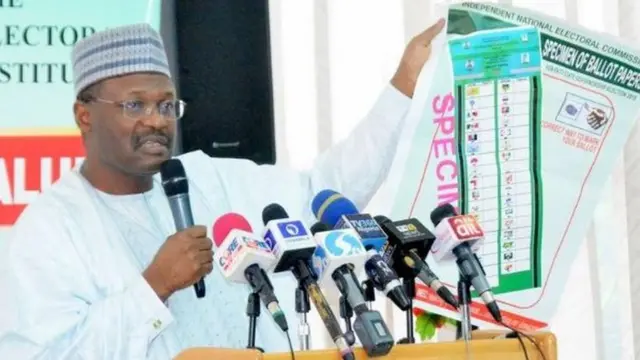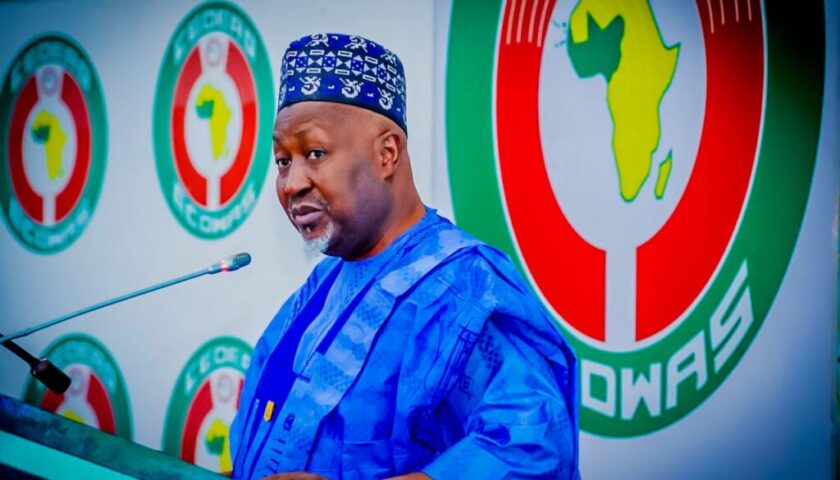The Federal Government through the Nigerian Customs Service has begun a fresh move to clamp down on operators of improperly imported private jets into the country. Consequently, no fewer than 80 operators of private jets are expected to appear at the headquarters of the NCS in Abuja with their aircraft import documents.
The special aircraft import verification exercise, which begins on Wednesday (tomorrow), is expected to last for 30 days, according to a public notice issued by Customs.
The notice, sighted by one of our correspondents, read in part, “The Nigeria Customs Service announces a verification exercise for privately owned aircraft operating in Nigeria. This exercise aims to identify improperly imported private aircraft without documentation, ensuring proper imports and maximum revenue collection.”
According to the notice, owners and operators of private jets in the country are to come with some relevant documents. These include aircraft Certificate of Registration, Nigerian Civil Aviation Authority’s Flight Operation Compliance Certificate, NCAA’s Maintenance Compliance Certificate, NCAA’s Permit for Non-Commercial Flights, and Temporary Import Permit (if applicable).
The latest plan to clamp down on operators of improperly imported private jets came more than one year after the Federal Government suspended the action. In the past three years, the government had planned to recover import duty running into billions of naira from some private jet operators who had used certain technical loopholes to evade the payment of import duty.
A few private jet owners paid the mandatory import duty after the Hameed Ali-led NCS took some significant steps to recover the revenue. However, several owners and operators of private jets in the country have yet to pay the statutory duty.
Many private aircraft operators in the country have allegedly explored technical loopholes in the regulation to fraudulently obtain a Temporary Import Permit from the Nigeria Customs Service instead of paying the statutory import duty on their imported aircraft.
The TIP, which is valid for an initial period of 12 months, can be extended by six months twice, according to the regulations.
However, several operators of private jets in the country have continued to extend the TIP indefinitely, a development that prompted the Customs to effect past clampdowns. According to new findings by our correspondents, no fewer than 80 private jet operators are expected to present their aircraft import documents for verification during the one-month exercise.
“Based on the data we have, we are expecting no fewer than 80 private aircraft operators for the verification exercise. These include operators of about 20 private aircraft that have been imported since the last verification exercise,” a top official close to the verification exercise said on condition of anonymity because he was not authorised to speak on the matter
The exercise is expected to lead to the payment of the mandatory import duty, while aircraft operators who fail to pay may have their jets grounded. The TIP has been described by some stakeholders as a fraudulent means of evading the mandatory import duty. Importers of private jets, especially foreign registered private jets, are expected to pay five per cent of the value of the private jet as import duty.
However, due to the high cost of private jets, some owners often prefer not to pay the import, according to Customs officials. Instead, the operators prefer to obtain a TIP under the guise that the aircraft is coming into the country for a temporary period, quoting the International Civil Aviation Organisation Convention Article 24 which focuses on Customs waiver for commercial aircraft operating in a country temporarily.
But the new leadership of Customs appears poised to get all operators to pay the import duty. Unconfirmed sources said the government might get close to N100bn in unpaid import duty on imported private aircraft due to the high exchange rate.
This analysis is however dependent on whether the Customs chooses to implement the 25 per cent penalty fee such aircraft owners are meant to pay for delayed payment. The 25 per cent penalty fee is in addition to the statutory five per cent import duty.
It is unclear If the private aircraft operators will be willing to cooperate with the government to pay the duty. Some operators had in the past gone to court to stop the government from collecting the revenue. Meanwhile, National Public Relations Officer, NCS, Abdullahi Maiwada, on Monday, confirmed the verification exercise, which is scheduled to begin on Wednesday.





